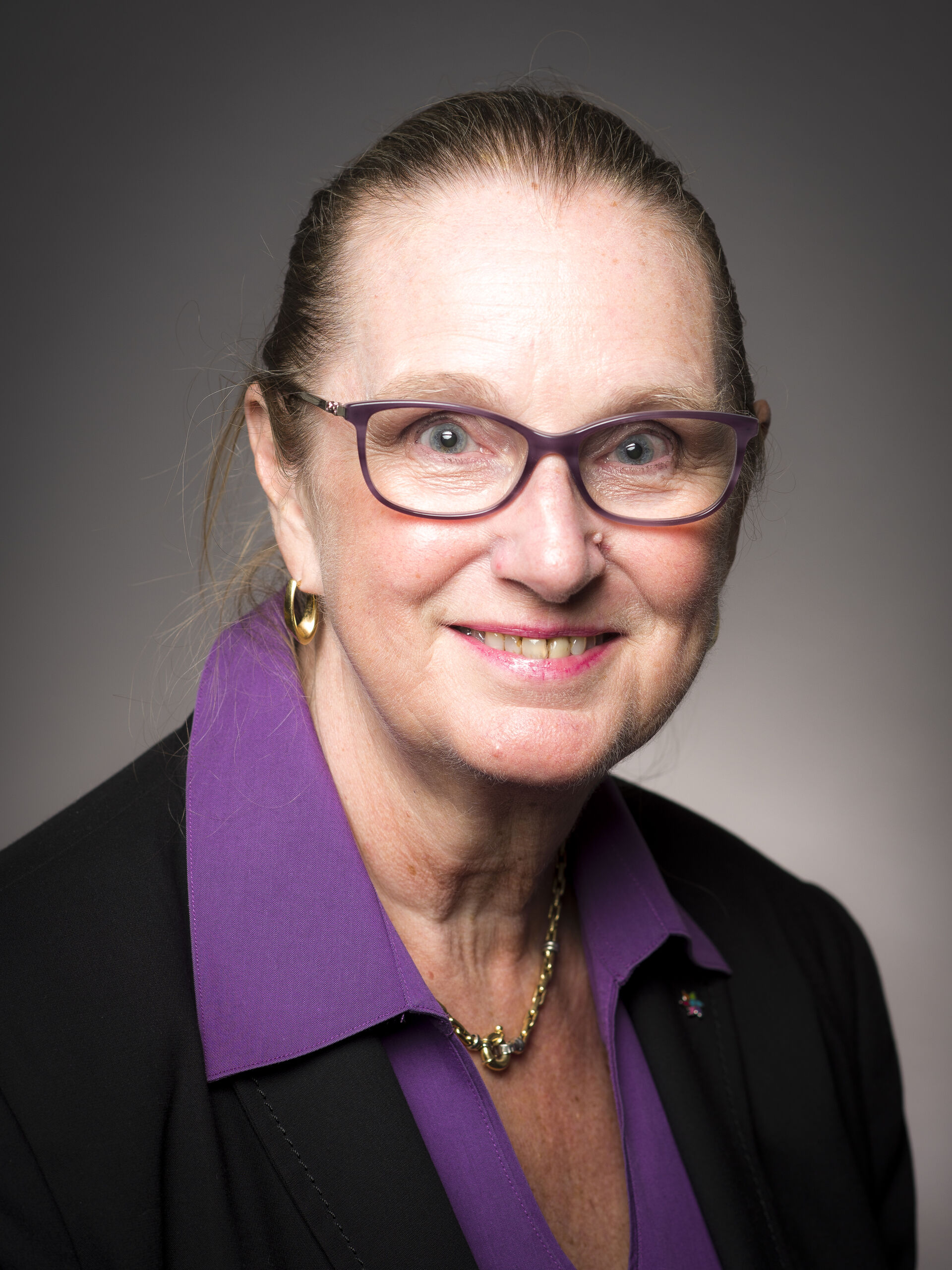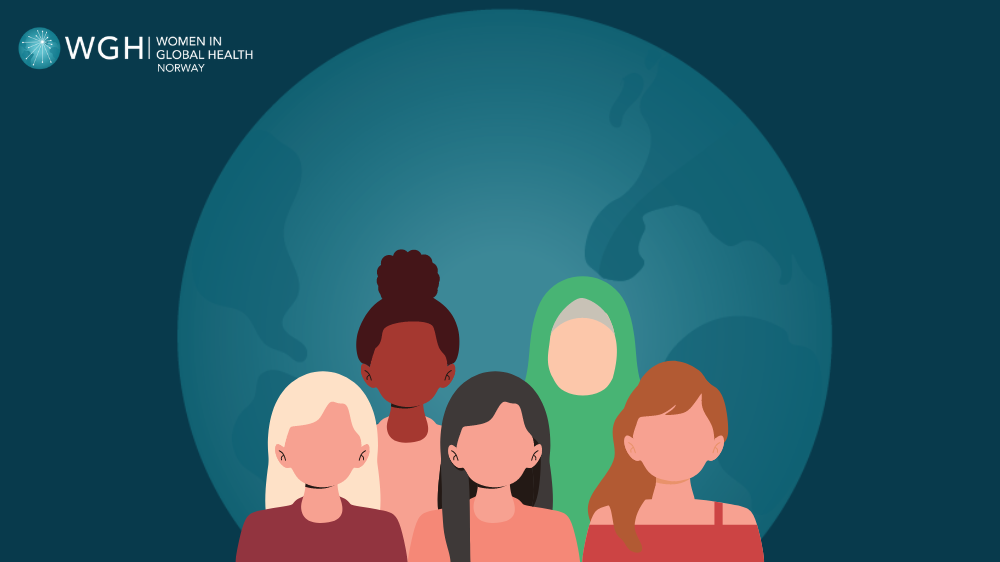Background
Solidarity is needed to gain equity and equality for women globally. Leaving women behind is not an option if we want to achieve sustainability and gender equity. WGH Norway strives toward inclusion of women professionals and leaders at all levels. In celebration of International Women’s Day, we will focus on women who have been left behind, particularly gender discrimination and its psychological impact and working conditions for female health workers in the global south. Join us for an in-person seminar followed by a reception (digital participation is not available).
Discrimination of women through history is a known phenomenon. Pre revolution pictures from Iran show a different society than those we have seen recently following the deaths of imprisoned female protesters who dared to stand up against oppressive government directives. Iranian women made up more than 60% of university students, the average age of marriage increased to 23.5, the number of births per woman fallen from 6 to 2. Today women are only 16 percent of Iran's workforce, and 17-18% of the population suffer from a mental health or developmental disorder significantly above the global rate at10.7%. During the last five months, we have observed what some have called the first women-led counter-revolution in the world. How has gender discrimination and overt oppression affected Iranian women's health and agency and how can we support them?
Strengthening working conditions for women health workers is an important pillar for Women in Global Health. The condition of female community health workers in Nepal and India is an example of the struggle women health workers have and how they have managed to rise to fight for their rights. Therefore, it is important for us to understand how the success of labour movements strengthen women’s working conditions must be a priority for solidarity.
Program
| Time | Title | Speaker |
|---|---|---|
| 16:00 - 17:00 | Welcome |  Ingeborg K. Haavardsson | President, WGH Norway Ingeborg K. Haavardsson | President, WGH Norway |
| Opening remarks |  Bernadette Kumar | Vice President, WGH Norway Bernadette Kumar | Vice President, WGH Norway |
|
| Empowered or Traumatized? The double-edged sword of the overt oppression of women |  Samira Amini Hajibashi | Senior Researcher, Peace Research Institute Oslo (PRIO) Samira Amini Hajibashi | Senior Researcher, Peace Research Institute Oslo (PRIO) |
|
| Comment |  Mahmood Reza Amiry-Moghaddam | Professor, Faculty of Medicine & Deputy Director, Centre for Global Health, UiO Mahmood Reza Amiry-Moghaddam | Professor, Faculty of Medicine & Deputy Director, Centre for Global Health, UiO |
|
| Valuing Female Volunteer Community Health Workers in Nepal and India: Examining payment policies and labor movements through a gender lens |  Roosa Sofia Tikkanen | Phd Fellow, Center for Global Health Inequalities Research (CHAIN), NTNU Roosa Sofia Tikkanen | Phd Fellow, Center for Global Health Inequalities Research (CHAIN), NTNU |
|
| Wrapping up and final comments |  Jeanette H. Magnus | Director, Centre for Global Health at the Sustainable Health Unit, UiO & Special Counselor, WGH Norway Jeanette H. Magnus | Director, Centre for Global Health at the Sustainable Health Unit, UiO & Special Counselor, WGH Norway |
|
| Discussion | ||
| 17:00 - 18:00 | Reception | |
Speaker bios
Samira Amini Hajibashi
Samira Amini-Hajibashi, Ph.D., is a cognitive neuroscientist and a senior researcher at the Peace Research Institute Oslo (PRIO). She also has a degree in Radiography and worked in both the public and private sectors before leaving Iran. Samira fled from Iran to Norway 13 years ago. She was arrested many times for protesting through civil disobedience and participating in peaceful demonstrations.
Mahmood Reza Amiry-Moghaddam
Mahmood Amiry-Moghaddam is a Professor of medicine (neuroscience) and Deputy Director in basic medical sciences for the Centre for Global Health at the University of Oslo. He is also the founder and director of the organization Iran Human Rights, which monitors human rights violations and works to promote human rights in Iran.
Roosa Sofia Tikkanen
Roosa Sofia Tikkanen is a PhD Fellow at the Center for Global Health Inequalities Research (CHAIN) at the Institute of Sociology and Political Science, NTNU (2021-2025). She has more than a decade of multisectoral experience in international health policy research. Her specific expertise is in universal health coverage and financing, primary health care, women's health and maternal care, and health inequalities research. Roosa holds a Masters in Public Health from the Harvard TH Chan School of Public Health (’15) and is currently a PhD Fellow in political science at the Norwegian University of Science and Technology (NTNU).
